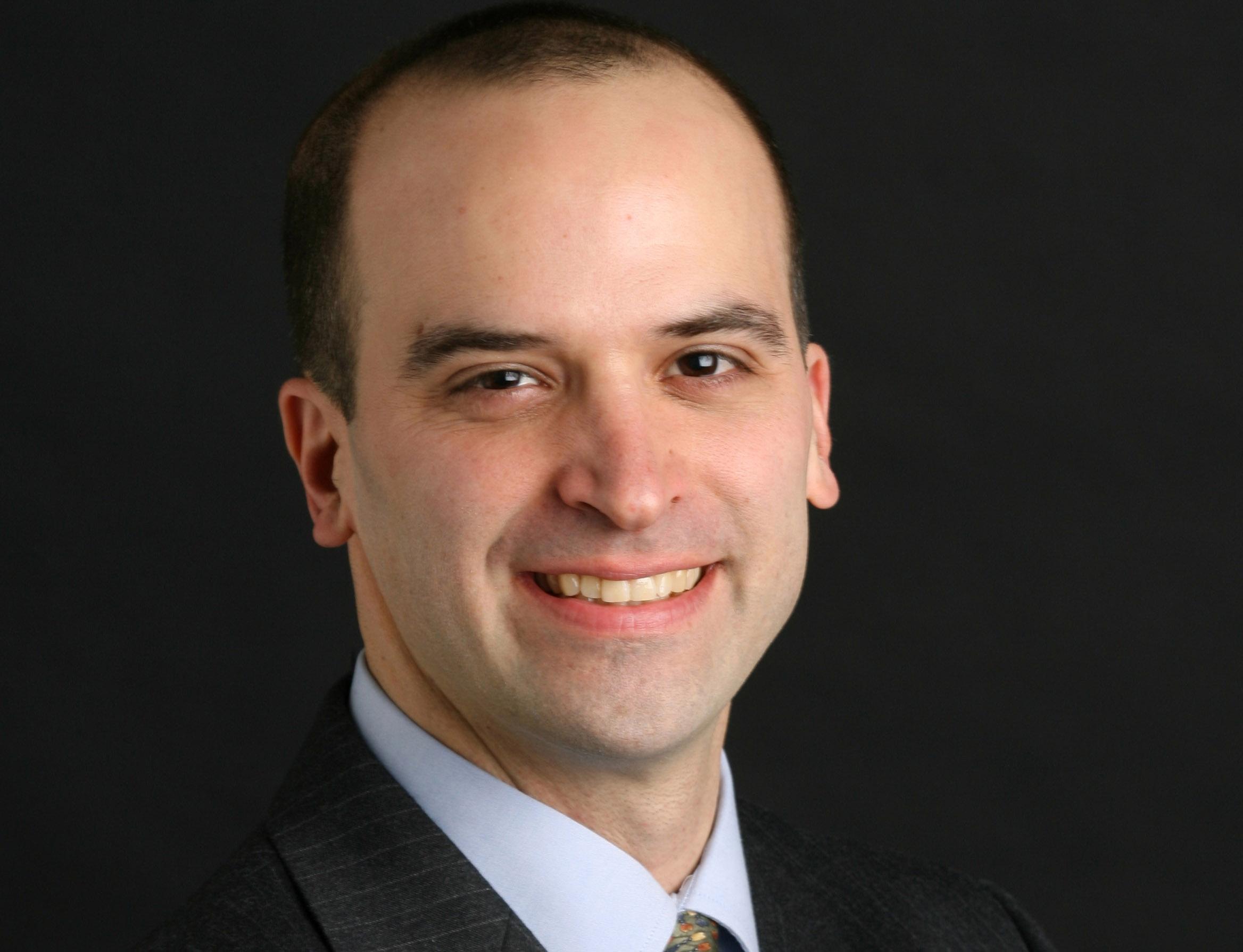Walgreens portrays itself as the friendly neighborhood drugstore. It gives flu shots to children, helps communities after storms, donates to charity - and makes feel-good advertisements trumpeting its various good deeds.
But Walgreens also has a tougher side, one you won't see in those ads. To protect a tax break, the company has allied itself with Wisconsin's brutally partisan Republican Party. That party is now in the midst of a power grab, stripping authority from Wisconsin's governor and attorney general solely because Republicans lost those offices last month.
Wisconsin's Republicans really are trying to undo democracy. When I asked Steven Levitsky and Daniel Ziblatt - the political scientists who wrote the recent book "How Democracies Die" - about the situation, they agreed that the Wisconsin power grab was the sort of move their book describes. If it continues, it can lead to the breakdown of a political system.
So you might think that an organization that claims to care about community values would speak up. But Walgreens has not. Neither have other corporate supporters of Wisconsin Republicans, like Microsoft, Dr Pepper Snapple, JPMorgan Chase or Humana. It's yet another example - alongside soaring CEO pay and stagnant worker wages - of corporations abdicating the leadership role they once played in America.
The story of Walgreens and Wisconsin has its roots in a decade-old court case.
In 2008, the state Supreme Court ruled in favor of an aggressive tax strategy by the company, in a case known as Walgreens v. City of Madison. When calculating the property taxes it owed, Walgreens used an artificially low valuation of its stores. It did not pay taxes based on the actual value of those stores, as reflected by their purchase price and rent. Instead, it took into account the value of vacant stores nearby.
The court ruling allowed this "dark-store" practice - by Walgreens and other retailers - costing cities and towns millions upon millions of tax dollars. The resulting budget shortfalls, local officials point out, have caused taxes on families and small businesses to rise more in Wisconsin than in neighboring Minnesota.
The Walgreens loophole is deeply unpopular, based on the results of a nonbinding ballot initiative across Wisconsin. And last year, a bipartisan group of state legislators began a push to change the law. But then, somewhat mysteriously, the effort died. The Legislature's Republican leaders - including Robin Vos, the Assembly speaker, and Scott Fitzgerald, the Senate majority leader - appeared to play a crucial role in the demise of that measure.
A few weeks later, Walgreens donated $1,000 to Vos. Over the summer, it donated another $6,000 to the Committee to Elect a Republican Senate. A couple of weeks before Election Day, the company gave $1,000 to Fitzgerald. These donations weren't simply a matter of spreading money around. Walgreens did not donate to state-level Democrats this year, as it has in the past.
The sums here may not be enormous. But neither are the budgets for local campaigns. Even more important is the message that Walgreens is sending to politicians: We don't care if you undermine democracy, so long as we get to keep our tax break.
I asked the company last week what it thought about the recent events in Wisconsin, and it ducked the question. But Phil Caruso, a Walgreens spokesman, told me the company was "in the process of evaluating" the situation.
The silence of major companies is disappointing because they could actually make a difference. Republican politicians care about the opinions of their corporate backers.
If corporate America refuses to speak up, these attacks on democracy will become more common.
I realize that being able to operate in a well-functioning democracy doesn't bring the same obvious bottom-line benefits as, say, a tax break. But our corporate leaders are making a big mistake if they decide that democracy doesn't matter.
The New York Times
